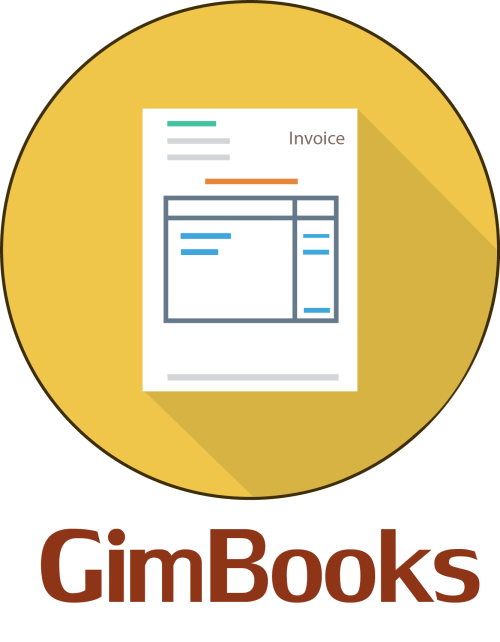6 benefits of e-invoicing in a post pandemic world
The wave of global pandemic completely changed everything. Here's how adopting e-invoicing can upskill your small business in a post-pandemic world.
6 benefits of e-invoicing in a post pandemic world
GST was a path breaking reform and e-invoicing is revamping how India does business. E-invoicing is not just a transformation of paper into e-invoices that are digitally signed through a government portal instead, it is going to overhaul the relationship between a business and its suppliers & customers and also with the Taxation Authority.
E-invoicing is a system in which B2B invoices are authenticated electronically and uploaded on a common GST Portal. It is increasingly mandated by the government across the Globe to avoid Tax Evasion. This digital document can be used by the customers to record and by the tax government to review. As per the latest update, E-invoicing is mandatory for companies with turnover of Rs 50 crores.
During this pandemic, the world has seen a rapid revolution of technology. Countries worldwide understood the importance of Paperless transactions & the widespread implementation of e-invoicing & Automation in the process will significantly improve tax compliance.
Let's discuss the benefits of e-invoicing post covid:
- SAVE TIME & MONEY
E-invoicing significantly reduces costs associated with printing, storage, processing, and delivery of paper invoices. There is also minimum human intervention in creating, tallying, etc & increased automation in the process. Thus, mistakes and typos are reduced and the process has not only become smooth but also has speeded up.
Automation and the use of technology saves effort, time and money and leads to faster transactions and fewer errors. This has also resulted in increased transparency amongst various parties.
2. Benefits of E-invoicing to MSMEs
Medium and Small Enterprises recently have been mandated for e-invoicing. With e-invoicing, streamlining administrative work can become convenient with the reliable e-invoicing softwares
3. One time Reporting of B2B invoices
A taxpayer has to report the invoices just once and get it authenticated by Invoice Registration Portal which then issues Invoice Registration Number (IRN). The details are auto-populated to the GSTR-1 Return which reduces the manual reporting process
4. Benefits to the Taxpayers
The implementation of e-invoicing under GST is beneficial for taxpayers in various ways:
- Seamless generation of E-way Bill with e-invoices
- Real time tracking of e-invoices prepared by the suppliers
- Better account reconciliation
- Fewer inputs and rejected invoices
- One time reporting of the details for all the GST Filings.
5. E-way Bill & E-invoicing
Generation of E-way bill is now linked with E-invoices. Invoice Registration Portal is used to generate E-way Bills as well. The data is sent to the IRP and IRN or E_way Bill number or both is/are issued. After receiving the transportation details, IRP communicates with the E-way Bill portal and generates E-way Bill. The process is very simple and can be done easily through e-invoicing software.
6. Reduced Human Errors
With e-invoicing, the information directly gets populated in the billing softwares and reduces human errors. With fewer human errors, payments are made quickly and less time is spent chasing up. Also, transparency is one of the major benefits here as certain parts of the information will be made available to the public.
E-invoicing greatly eliminates correcting & re-sending of the invoices to the suppliers or the vendors and everything works in a smooth flow.
Conclusion
In India, Most of the companies have already adopted e-invoicing because of the benefits. The software makes it easy for the accountant to access all the invoices, receipts and other transactional records from a single space. And from here, they can file the GST Returns as well.
Basically, The work will be more efficient, organised and timely.
To learn more about how e-invoicing can benefit your business, Visit Gimbooks.
